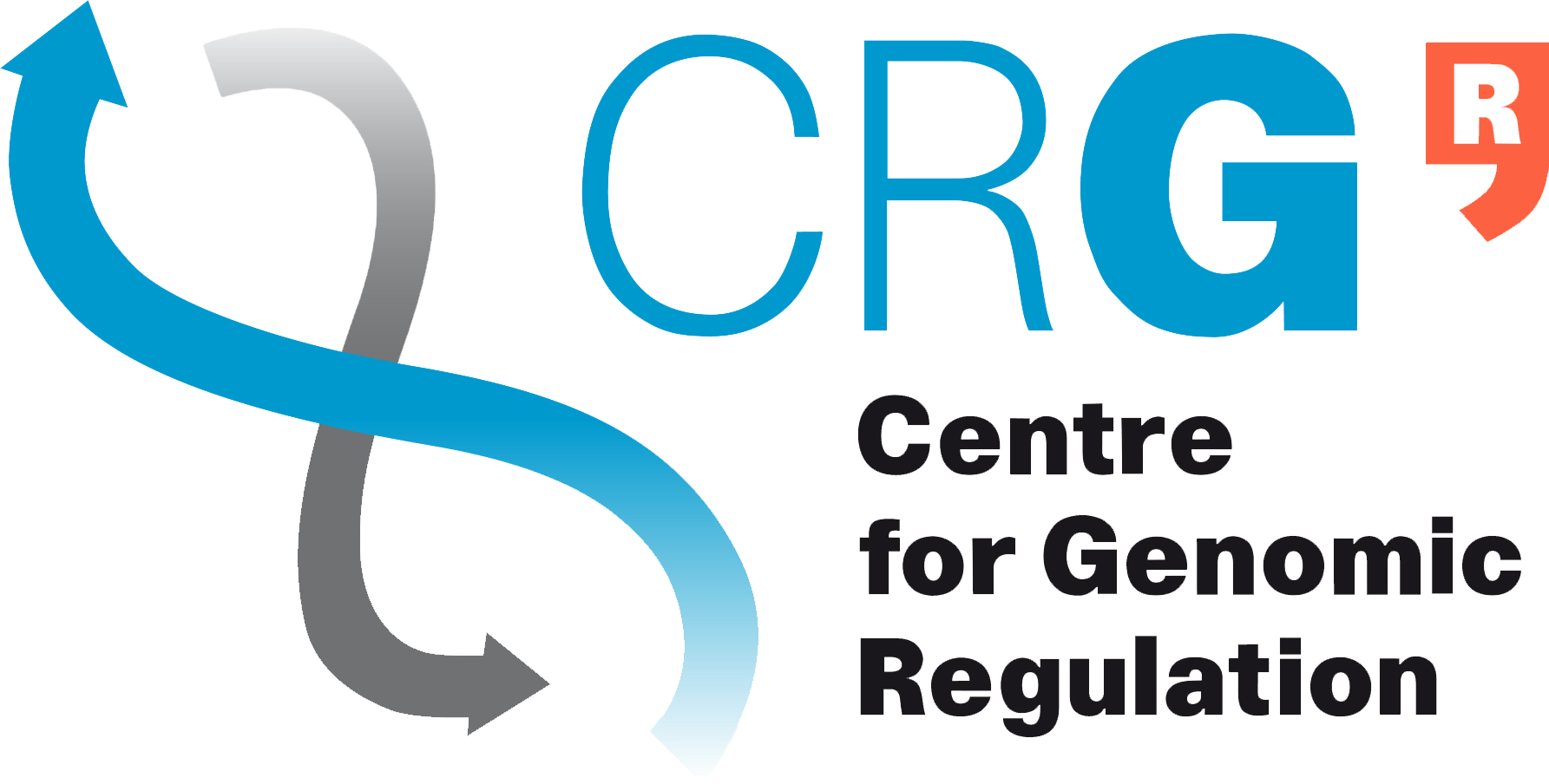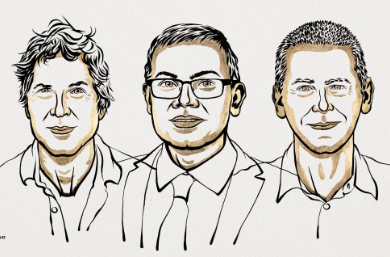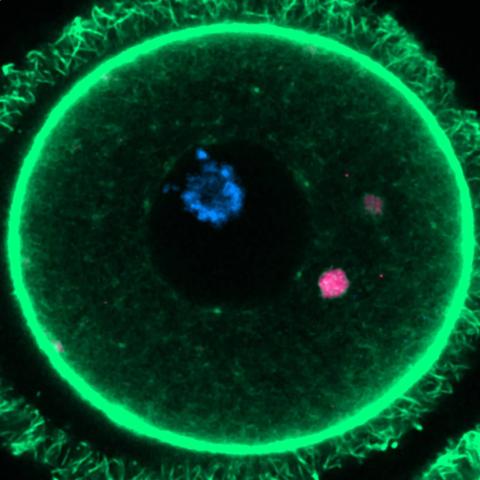
Centre for Genomic Regulation (CRG)
If you are the contact person for this centre and you wish to make any changes, please contact us.
Researcher specialising in mechanisms of mRNA translation regulation and cancer.
Researcher at the Center for Genomic Regulation
Director of the Centre for Genomic Regulation and Member of the European Molecular Biology Organisation (EMBO)
Researcher at the Center for Genomic Regulation
ICREA professor, researcher at the Universitat Pompeu Fabra (UPF), director of the Transcriptomics of Vertebrate Development and Evolution group at the Center for Genomic Regulation (CRG) in Barcelona.
Neurobiologist with expertise in Down's syndrome at the Centre for Genomic Regulation
ICREA Research Professor at the Centre for Genomic Regulation and the National Centre for Genomic Analysis (CNAG)
Team Leader at the Centre de Regulació Genòmica (CRG)

The Royal Swedish Academy of Sciences has awarded the Nobel Prize in Chemistry 2024 on the one hand to David Baker for computational protein design, which makes it possible to construct proteins with functions not present in nature. On the other hand, jointly to Demis Hassabis and John M. Jumper of Google DeepMind, for the development of AlphaFold2, which allows the structure of the 200 million known proteins to be predicted at high speed.

The Karolinska Institute has awarded the Nobel Prize in Medicine or Physiology to Victor Ambros and Gary Ruvkun for the discovery of microRNAs, small RNA fragments that do not contain instructions for making proteins but instead participate in the regulation of gene expression. Their role is fundamental in processes such as cell differentiation, and their alteration can influence diseases like cancer.

At an informative meeting organized by the Science Media Centre Spain, the coauthor of a paper published this week in the journal Cell discussed his findings with journalists. Although the study was conducted with mice, he is confident in being able to analyze human eggs to see if his conclusions could explain the loss of fertility that occurs in women with age.

In a series of three articles and a companion article - collected in Nature Biotechonology - Nature publishes the first draft of the human pangenome reference, which contains highly detailed data from 47 genetically diverse individuals. The first human genome was published more than two decades ago but, being from a single person, it does not represent human diversity, whereas the pangenome refers to the gene pool of our entire species. The ultimate goal of the Human Pangenome Reference Consortium project is to include genetic material from 350 people by 2024. It is hoped that this data will allow more clinically relevant genetic variants to be identified.

Researchers have tested a gonadotropin-releasing hormone (GnRH) therapy in mouse models and in males (in a pilot clinical trial) with Down's syndrome. The results, published in the journal Science, suggest improved cognitive function.

The extraordinary plenary session of the Congress of Deputies today approved the reform of the Law on Science, Technology and Innovation. After being passed in the Lower House without any votes against it on 23 June, the bill was approved in the Senate on 20 July with an amendment referring to indefinite-term contracts, which was rejected today in Congress.